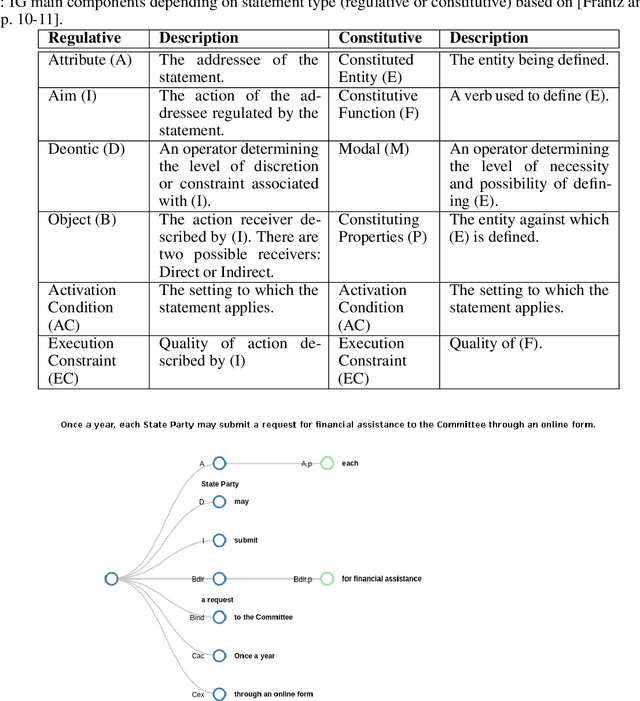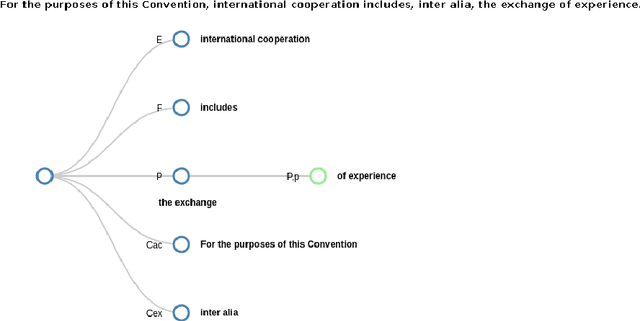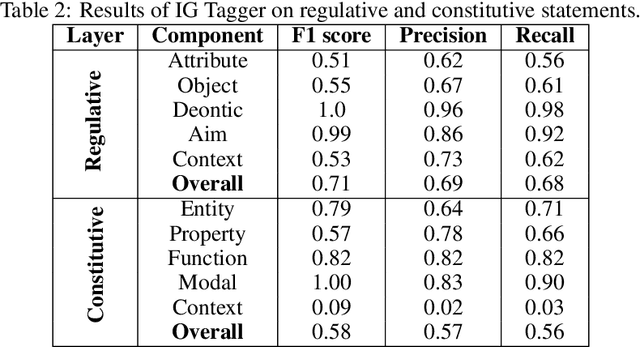Hanna Schreiber
Deep Dive into the Language of International Relations: NLP-based Analysis of UNESCO's Summary Records
Aug 01, 2023Abstract:Cultural heritage is an arena of international relations that interests all states worldwide. The inscription process on the UNESCO World Heritage List and the UNESCO Representative List of the Intangible Cultural Heritage of Humanity often leads to tensions and conflicts among states. This research addresses these challenges by developing automatic tools that provide valuable insights into the decision-making processes regarding inscriptions to the two lists mentioned above. We propose innovative topic modelling and tension detection methods based on UNESCO's summary records. Our analysis achieved a commendable accuracy rate of 72% in identifying tensions. Furthermore, we have developed an application tailored for diplomats, lawyers, political scientists, and international relations researchers that facilitates the efficient search of paragraphs from selected documents and statements from specific speakers about chosen topics. This application is a valuable resource for enhancing the understanding of complex decision-making dynamics within international heritage inscription procedures.
Automating the Analysis of Institutional Design in International Agreements
May 26, 2023Abstract:This paper explores the automatic knowledge extraction of formal institutional design - norms, rules, and actors - from international agreements. The focus was to analyze the relationship between the visibility and centrality of actors in the formal institutional design in regulating critical aspects of cultural heritage relations. The developed tool utilizes techniques such as collecting legal documents, annotating them with Institutional Grammar, and using graph analysis to explore the formal institutional design. The system was tested against the 2003 UNESCO Convention for the Safeguarding of the Intangible Cultural Heritage.
Entity Graph Extraction from Legal Acts -- a Prototype for a Use Case in Policy Design Analysis
Sep 02, 2022



Abstract:This paper presents research on a prototype developed to serve the quantitative study of public policy design. This sub-discipline of political science focuses on identifying actors, relations between them, and tools at their disposal in health, environmental, economic, and other policies. Our system aims to automate the process of gathering legal documents, annotating them with Institutional Grammar, and using hypergraphs to analyse inter-relations between crucial entities. Our system is tested against the UNESCO Convention for the Safeguarding of the Intangible Cultural Heritage from 2003, a legal document regulating essential aspects of international relations securing cultural heritage.
 Add to Chrome
Add to Chrome Add to Firefox
Add to Firefox Add to Edge
Add to Edge